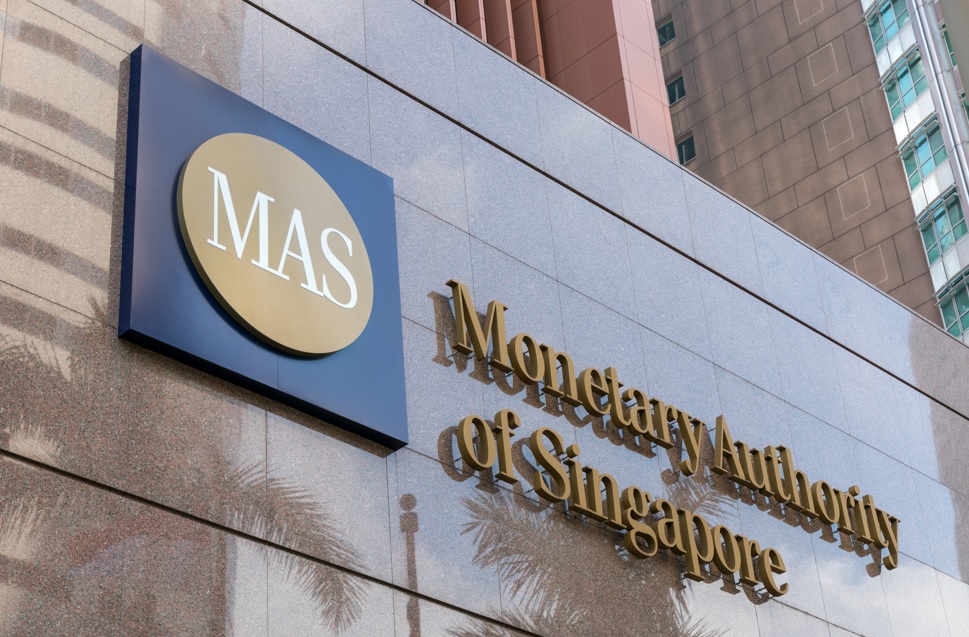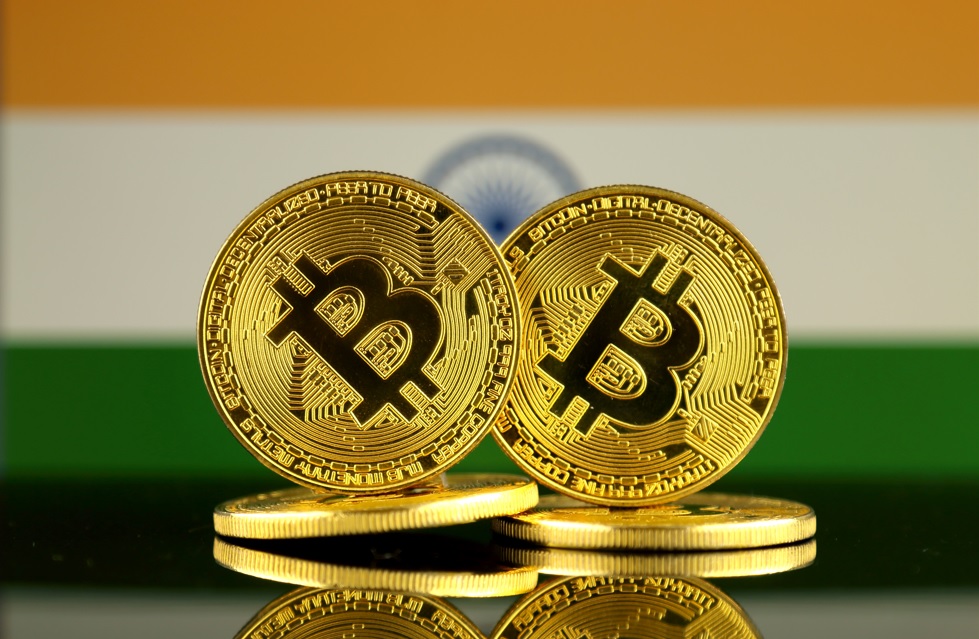
The exchange will, in the next few weeks, be working to secure a Major Payment Institution license
Singapore -based crypto exchange Coinhako confirmed on Tuesday that it had received in-principal approval from the Monetary Authority of Singapore (MAS) under the Payment Services Act (PSA) to offer digital payment token (DPT) services. The approval makes Coinhako the first local non-bank exchange to get the license.
Coinhako’s Director of Corporate Development Collin Cheong applauded his team, saying it had worked so hard to ensure the business’ structure remained compliant in the years leading to this approval. He added that receiving the green light was a testament to their effort.
Consequently, Coinhako will be working leading into the next few weeks to satisfy the monetary authority’s requirements to gain a Major Payment Institution license in the country. With such authority, the exchange would be able to fully provide DPT services to its users.
Securing the coveted license is a priority for entities in the sector
The Major Payment Institution license is a requirement in the Asian country for firms seeking to transact any DPTs, including cryptocurrencies. Further, those seeking to facilitate users to exchange DPTs are also required to hold this license.
“Singapore has always been at the forefront of fintech innovation. The regulation of DPTs under the Payment Services Act is a clear indication of our nation’s readiness to nurture innovations in the digital assets and cryptocurrency space while balancing the need to protect consumer and social interests,” noted Yusho Liu, co-founder and chief executive of Coinhako.
Founded in 2014, Coinhako offers users the ability to trade in fiat-to-crypto and crypto-to-crypto. The exchange has recently seen some tremendous growth, recording a 1000% increase in the number of users in the first eight months of the year, compared to the whole of last year. The exchange holds over 300,000 registered users, also recording 150,000 monthly active ones.
The growth that Coinhako has experienced isn’t what one would call secluded. In fact, the general Asia Pacific has generally seen quite the boom in users seeking to adopt cryptocurrencies. Findings of a recent MasterCard survey revealed that the region has 45% of consumers wanting to use crypto within the next year. This figure is 5% higher than the global average.
Other crypto-related moves Coinhako has been making
Supported by strong investors in the crypto sector, such as Boost VC and Tim Draper, Coinhako has launched a number of initiatives in the crypto sector. On October 19, the crypto exchange flagged off the Privé platform, intended to provide digital asset services to institution-grade clients and high-level markets. The exchange also recently played host to an event for Singapore’s first-ever large-scale NFT gallery. The event, ‘Right Click + Save’, saw international interest attracting several parties.
The post Crypto exchange Coinhako secures in-principle approval from MAS appeared first on Coin Journal.

